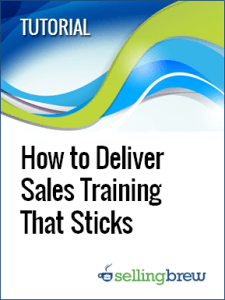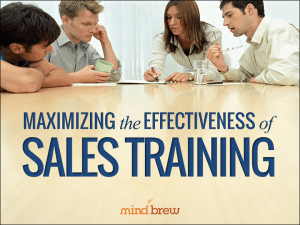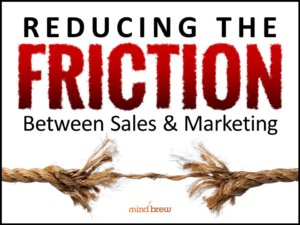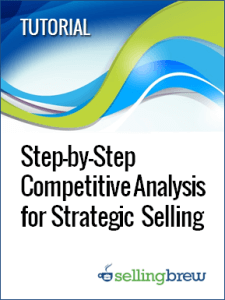In reviewing one of our subscriber webinars — Maximizing the Effectiveness of Sales Training — I got to thinking about how many times over the years I’ve heard the phrase, “Sales is sales.”
At a high level, this statement is true, of course.
In the abstract, there are potential buyers with problems and sellers with potential solutions. In the abstract, these two parties are often brought together by a salesperson. And in the abstract, this salesperson may ultimately facilitate a mutually-beneficial exchange of value between the two parties.
The problem, however, is when this notion is taken beyond a high level of abstraction and carried into sales skills development and training. The problem is when “sales is sales” becomes “sales training is sales training.”
Once you get below that high level of abstraction, every company’s selling situation is unique. And as such, generic sales skills aren’t nearly enough to address the specific problems and challenges that will be encountered in the field on a daily basis.
For example, does selling “me too” products into a mature market with a constant flow of demand really require the same skills as introducing an entirely new category of solutions into a market where prospects don’t yet recognize that they have a problem?
Now, no one would argue that these two selling situations require a radically different set of sales skills.
In the first situation, it’s largely about differentiating from a plethora of competitive alternatives. But in the latter situation, the competitive alternative is “doing nothing” and the sales challenge is largely about facilitating change on the part of the prospect.
Yet, as different as these selling situations are, it would not be at all surprising to discover that the sales training programs at both companies were actually very similar.
The bottom line is this: For all practical purposes, sales is not sales. And therefore, sales training should not all be the same.













